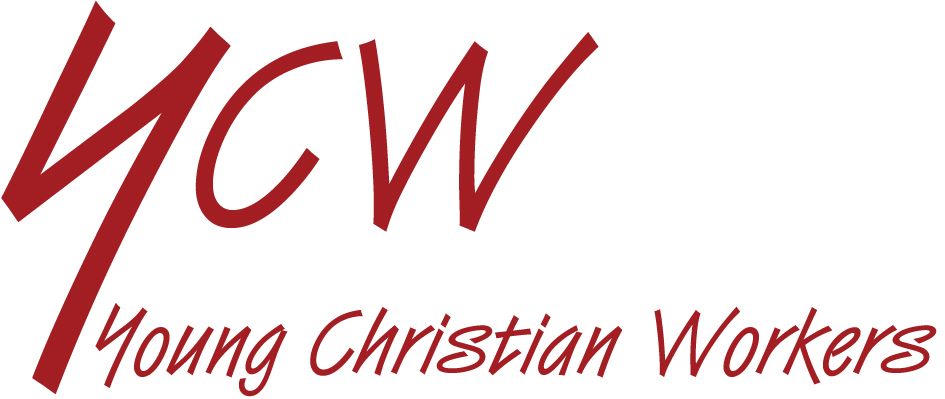Following the upheaval experience during and after the First World War, global policy-makers began to more seriously explore the idea of social justice and the world of work. At the 1919 Versailles Peace Conference, the International Labour Organisation (ILO) came to be and a draft constitution brought together workers, employers and governments as three equal parts of the new organisation’s mandate and work.
Action quickly followed and a series of Conventions - legally binding international labour standards - and Recommendations were adopted by the ILO’s 40 founding member states. This included fundamentals like an eight-hour work day and the 48-hour week, support for the unemployed, maternity protection, night work, a minimum working age and various health and safety protections.
Since then, the ILO has been at the forefront of improving the world of work - again, having a boost following the devastation of the Second World War. An essential part of this response was agreed in 1944 in the Declaration of Philadelphia, where it was stated: “labour is not a commodity” and that “poverty everywhere constitutes a danger to prosperity everywhere.”
In its 100th year, the ILO is exploring the “Decent Work” agenda - which seeks to prioritise the quality of employment alongside the quantity - as well as the rapidly changing nature of work due to technology, demographics, automation and climate change.
The ICYCW will be attending as observers at the Conference, alongside a wider group of Catholic-inspired organisations and NGOs.
As we will be sending a representative from the England and Wales movement, we will give regular updates and a review of the event when it is over.
Please keep all the participants in your prayers and we hope for an outcome that continues to promote the dignity of work and of the human person.










